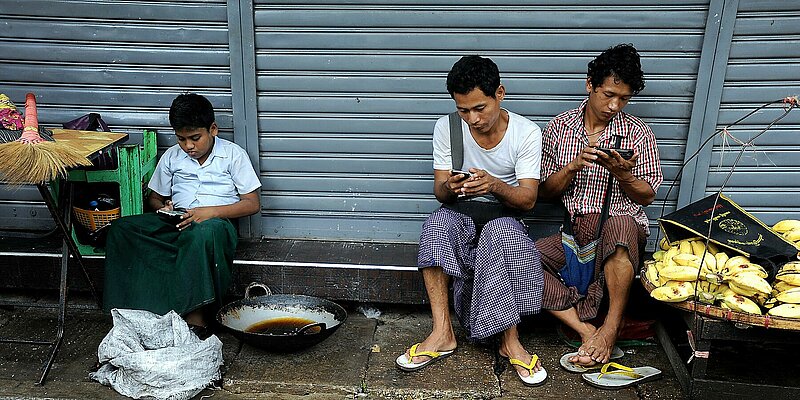
Başak Çalı argues for the right of meaningful access to the internet in her contribution to book on new human rights.
The current COVID-19 crisis illustrates how dependent the world is on meaningful access to the internet. The digital divide among citizens and between countries will in the coming months significantly affect the work and education of millions without access to the internet or online literacy. In her contribution to the new Cambridge Handbook of New Human Rights: Novelty Recognition and Rhetoric, published in 2020, Başak Çalı argues that there is a strong case for a new legal human right to internet access in international law, considering the global environment we live in.
The right to internet access is globally important not only because it facilities equality in the enjoyment of the right to freedom of information and using the right of expression, she writes in the chapter. It is also the gateway for the full realisation of a wider range of civil, political, social and cultural rights. Most notably are the rights to education, work, health, culture and political participation. Given the importance of the internet to realising a cross-section of all rights, and given that none of these rights alone can guarantee the right to internet access, Çalı argues that internet access must be seen as an instrumental legal human right derived simultaneously from these existing rights protected under international law.
“Never has this been more apparent than today,” Çalı says of the current situation. “The COVID-19 pandemic has closed schools and universities, disrupting the education of hundreds of millions of students. Many educational institutions, including the Hertie School, are able to use online platforms to support learning and research. However, this is not universal. Not all countries, communities, families, or individuals have adequate access to the internet or digital tools, and many people live with frequent government-led internet slowdowns or shutdowns.”
Find the book here.
